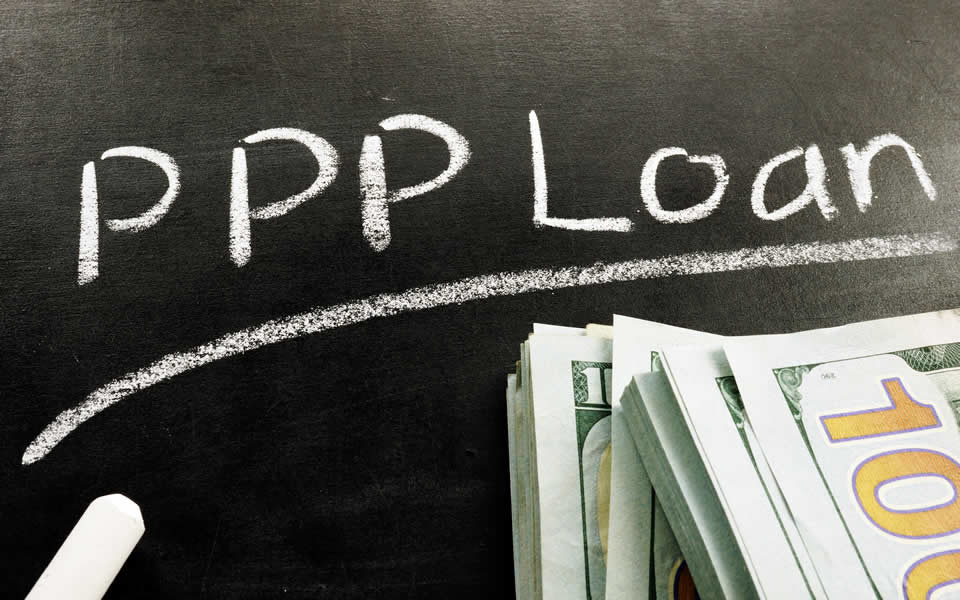Paycheck Protection Program Loans and Changes of Ownership
Consummating merger and acquisition (M&A) transactions has become more complicated in the COVID environment. Many buyers and sellers have been struggling with aspects of structuring M&A transactions where a seller, a buyer, or both have received Paycheck Protection Program (PPP) loans under the Coronavirus Aid, Relief & Economic Security (CARES) Act, which remain outstanding at the time of a proposed transaction.
The Small Business Administration (SBA) recently issued a procedural notice with an effective date of October 2, 2020, clarifying the treatment of outstanding PPP loans with respect to significant investments, mergers, and changes in ownership.
There are three big takeaways from this recent notice for businesses with PPP loans that are contemplating a sale:
- Borrowers will most likely be required to escrow a portion of the purchase price related to the outstanding PPP loan amounts until a loan determination is received.
- Borrowers may be able to defer taxes on the escrowed funds using the installment sale method.
- Borrowers are required to notify their lenders and the SBA when there is a change in ownership and there is an outstanding PPP loan.
The procedural notice provides guidance to lenders and borrowers on the treatment of outstanding PPP loans when changes of ownership take place prior to loan forgiveness or repayment in full. According to the SBA, a change of ownership will be deemed to have occurred when any of the following take place:
- At least 20% of the common stock or ownership interest of a PPP borrower is sold or transferred, in one or more transactions, including to an affiliate or existing owner of the entity;
- 50% or more of the PPP borrower’s assets are sold or transferred, in one or more transactions; or
- A PPP borrower is merged into another entity.
Prior to the closing of any transaction meeting the above criteria, the PPP borrower must notify the PPP lender of the transaction in writing and provide the lender with a copy of the agreements.
If the PPP note is fully satisfied prior to the closing of the sale or transfer, then there are no restrictions on the change of ownership.
Fully satisfied is defined by the SBA as follows:
- The PPP note is repaid in full; or
- The loan forgiveness process has been completed in full and:
- The SBA has remitted the funds to the lender in full satisfaction of the note; or
- The PPP borrower has repaid any remaining balance on the PPP loan.
If the note is not fully satisfied prior to closing, the PPP lender may approve the change of ownership and prior SBA approval is NOT required, if:
- The sale or transfer is 50% or less of the common stock or other ownership interest of the PPP borrower; or
- For an asset sale, 50% or more of the assets are sold by the PPP borrower.
In both cases, prior SBA approval is not required if the following conditions are met:
- The PPP borrower completes and submits a forgiveness application along with required supporting documentation to the PPP lender;
- An interest-bearing escrow account controlled by the lender is established with funds equal to the outstanding balance of the PPP loan; and
- Upon completion of the forgiveness process, the escrow funds must first be disbursed to pay any remaining PPP loan balance plus interest.
In all other cases, prior SBA approval of the change of ownership is required and the PPP lender may not approve the change of ownership alone.
In order to receive SBA approval for the change of ownership, the PPP lender must submit the following to the SBA:
- The reason the borrower cannot fully satisfy the PPP note or the escrow funds;
- Details of the proposed transaction;
- Copy of the executed PPP note;
- Any letter of intent and the purchase or sale agreement indicating the responsibilities of the borrower, seller (if different from borrower), and buyer;
- Disclosure of whether the buyer has an existing PPP loan; and
- A list of all owners of 20% or more of the purchasing entity.
SBA approval will be conditioned on the purchasing entity assuming all of the PPP borrower’s obligations under the PPP loan terms.
Applicable to all changes of ownership, regardless of whether the sale requires SBA prior approval or not:
- The PPP borrower, or successor to the PPP borrower in the event of a merger, remains liable and subject to all obligations under the PPP loan agreement.
- If any of the new owners or successors has a separate PPP loan:
- Purchase or transfer of common stock or other ownership interest – The PPP borrower and new owner(s) are responsible for segregating PPP funds and expenses to demonstrate compliance with PPP requirements for each borrower.
- Merger – The successor is responsible for segregating PPP funds and expenses to demonstrate compliance with PPP requirements for each borrower.
- The PPP lender must notify the SBA within (5) business days of completion of the transaction, including the following information:
- Identity of the new owners;
- Percentage ownership of the new owners;
- Tax IDs for any owners holding 20% or more of the equity; and
- Location and amount of funds in the escrow account (if required).
If your business is the recipient of a PPP loan and is contemplating or in the process of a sale or restructure, contact a Marcum Advisor to ensure required notifications procedures are followed.







